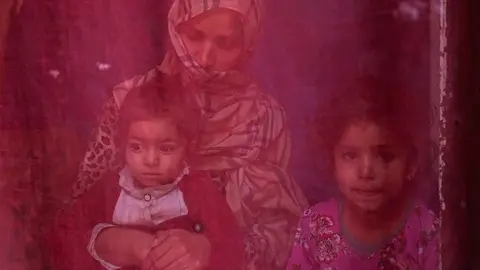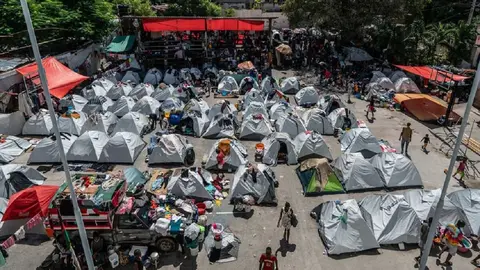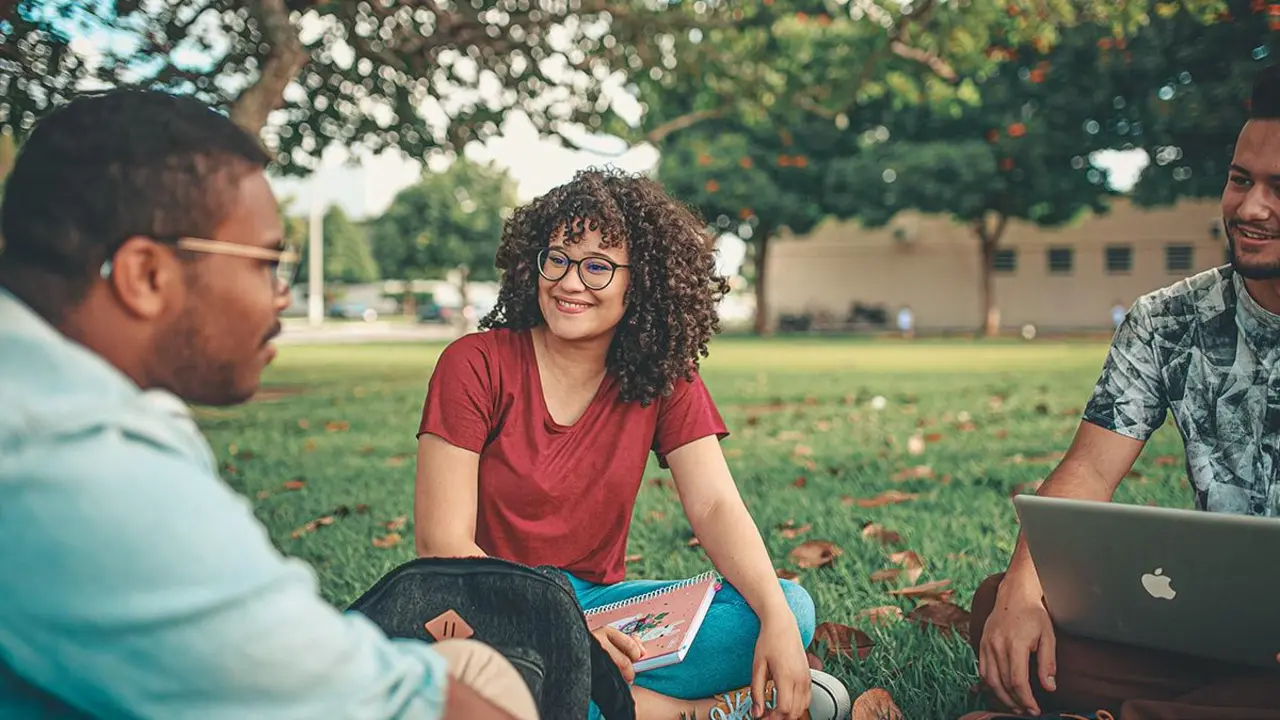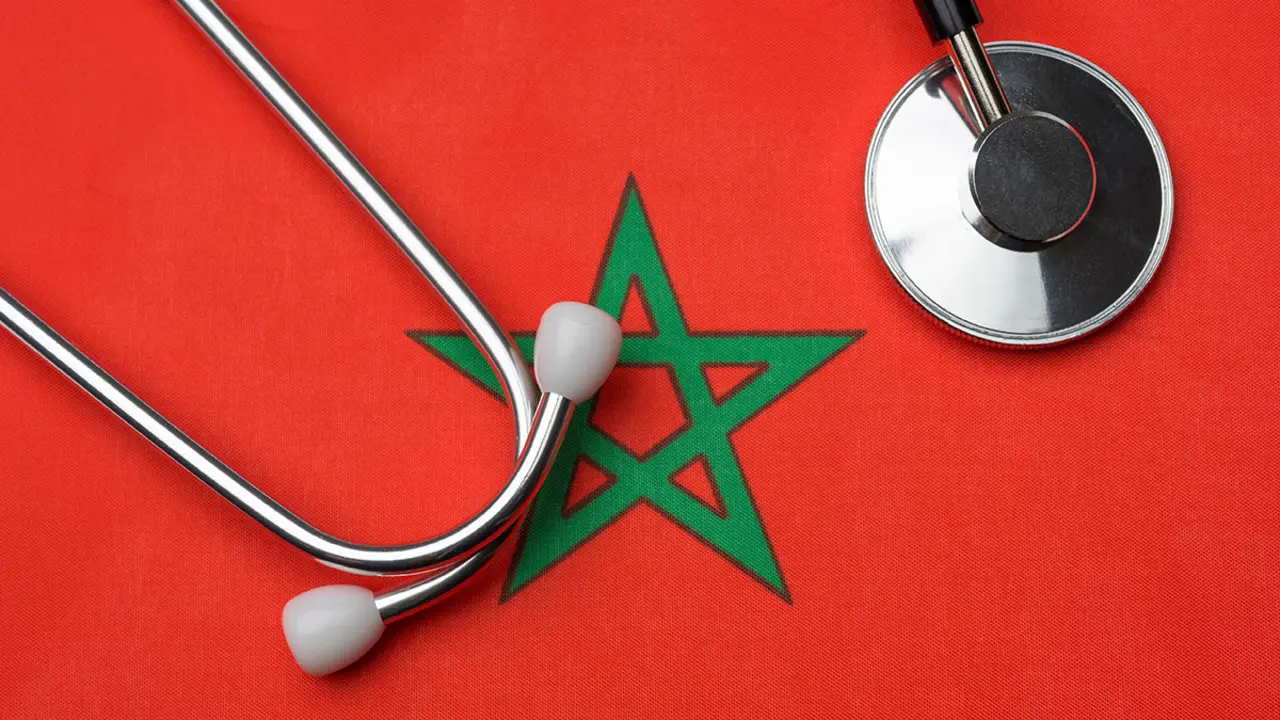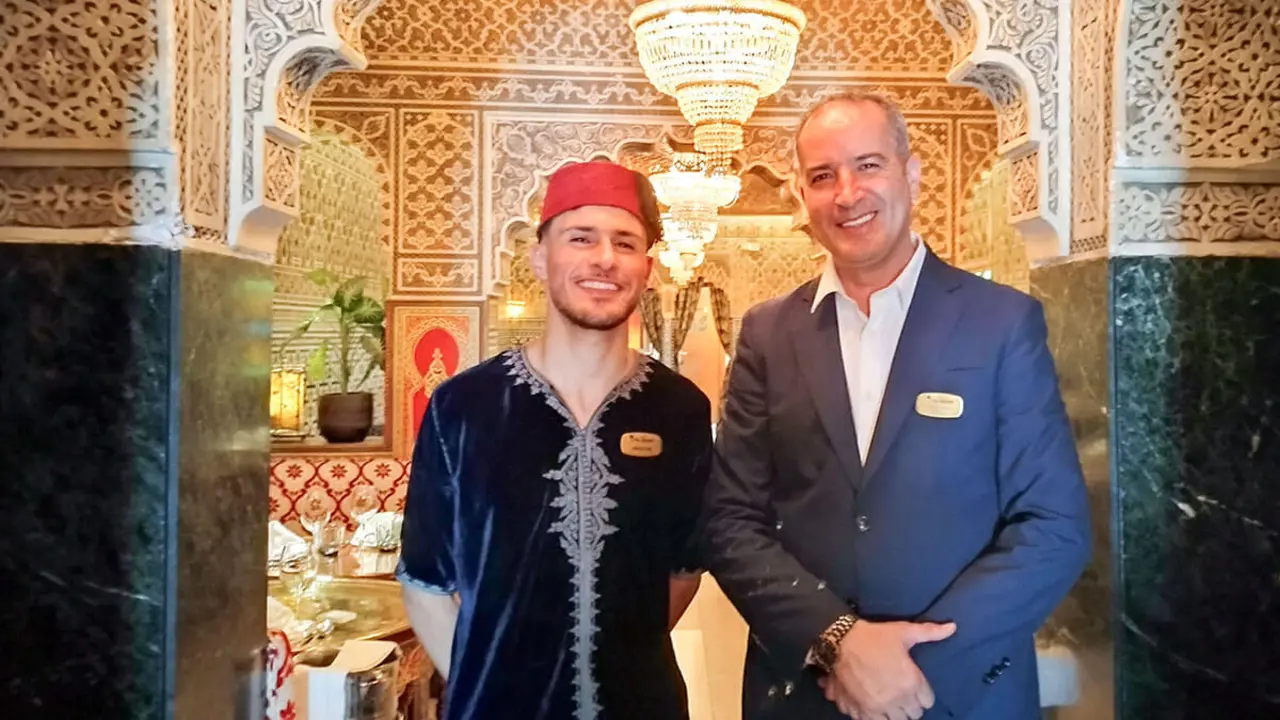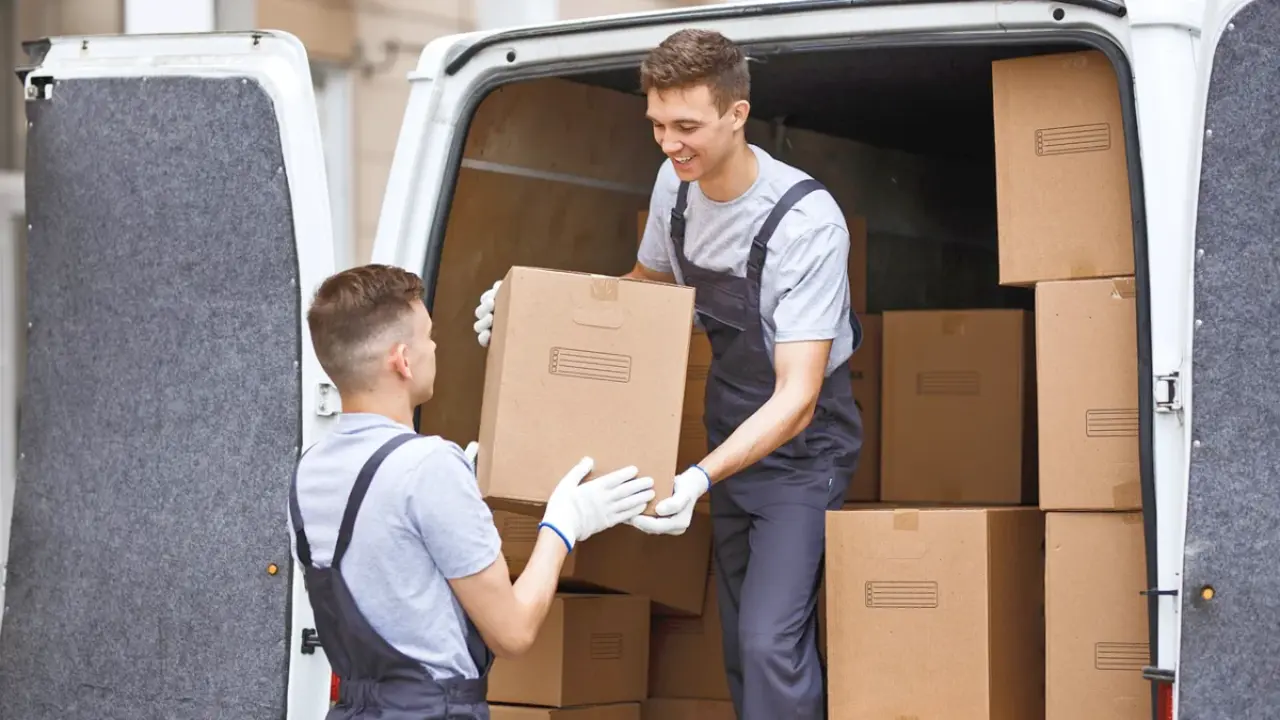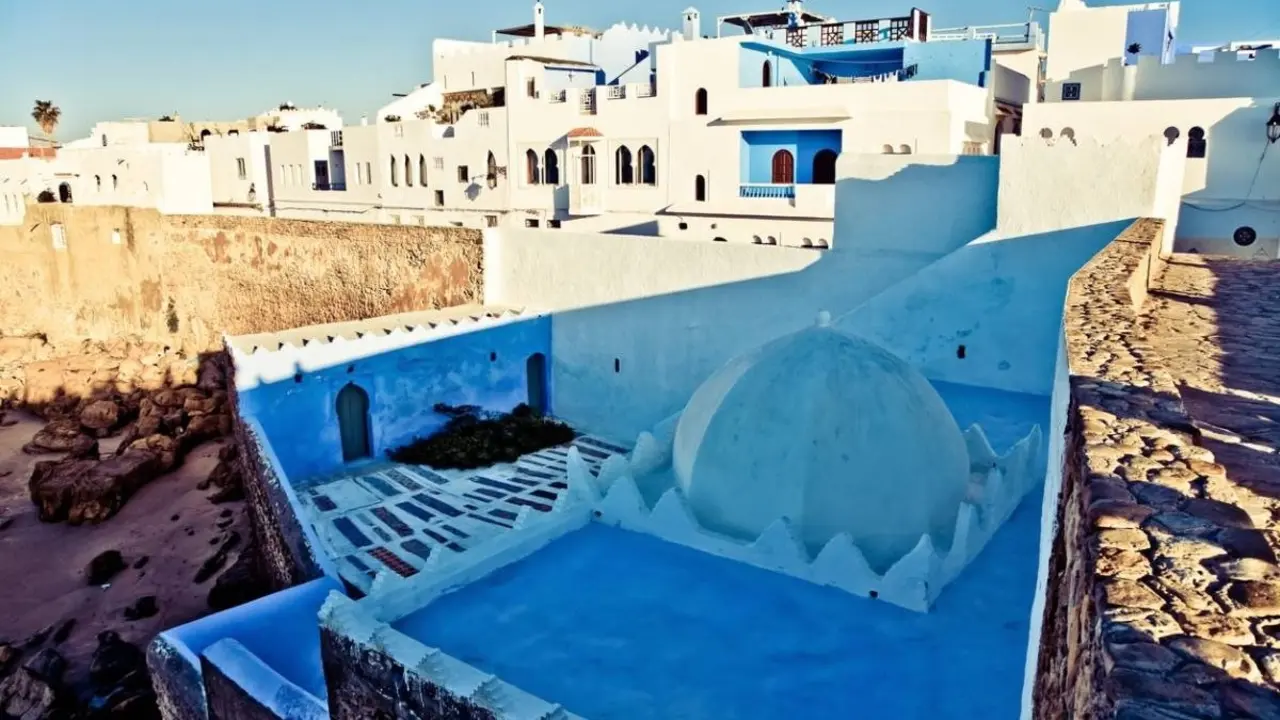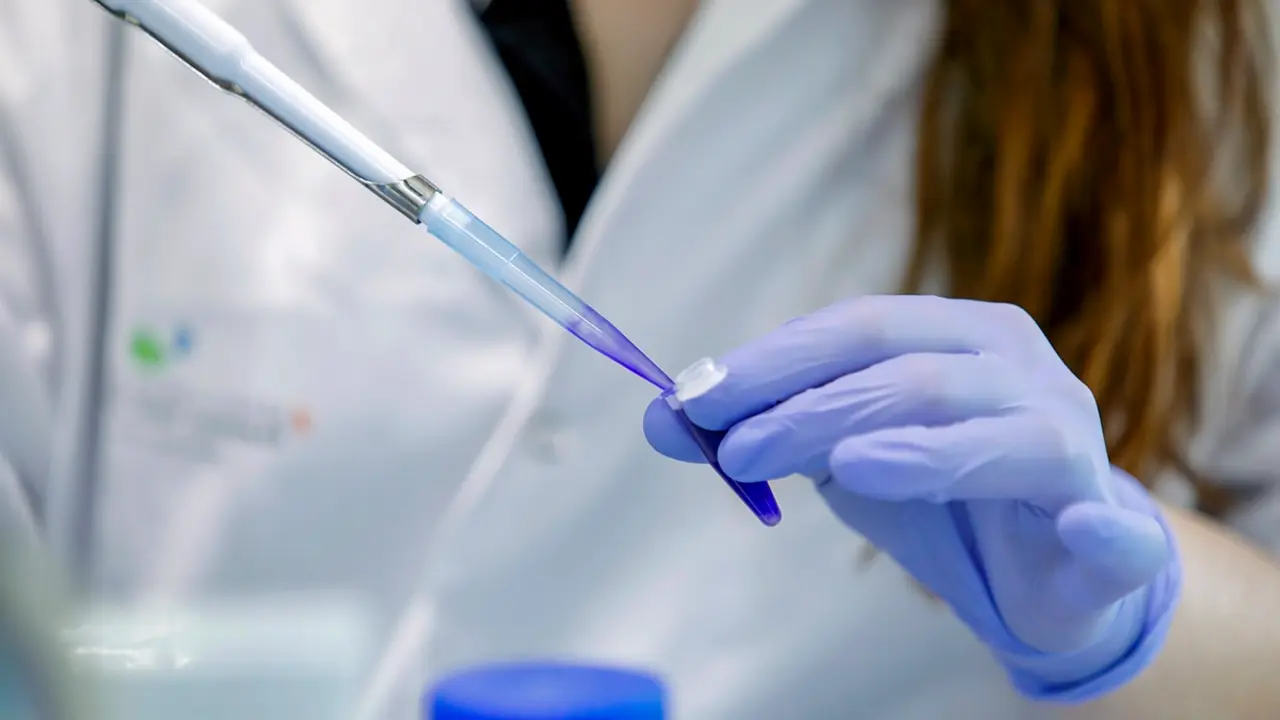Refugees: starting over in another country at 71 years of age
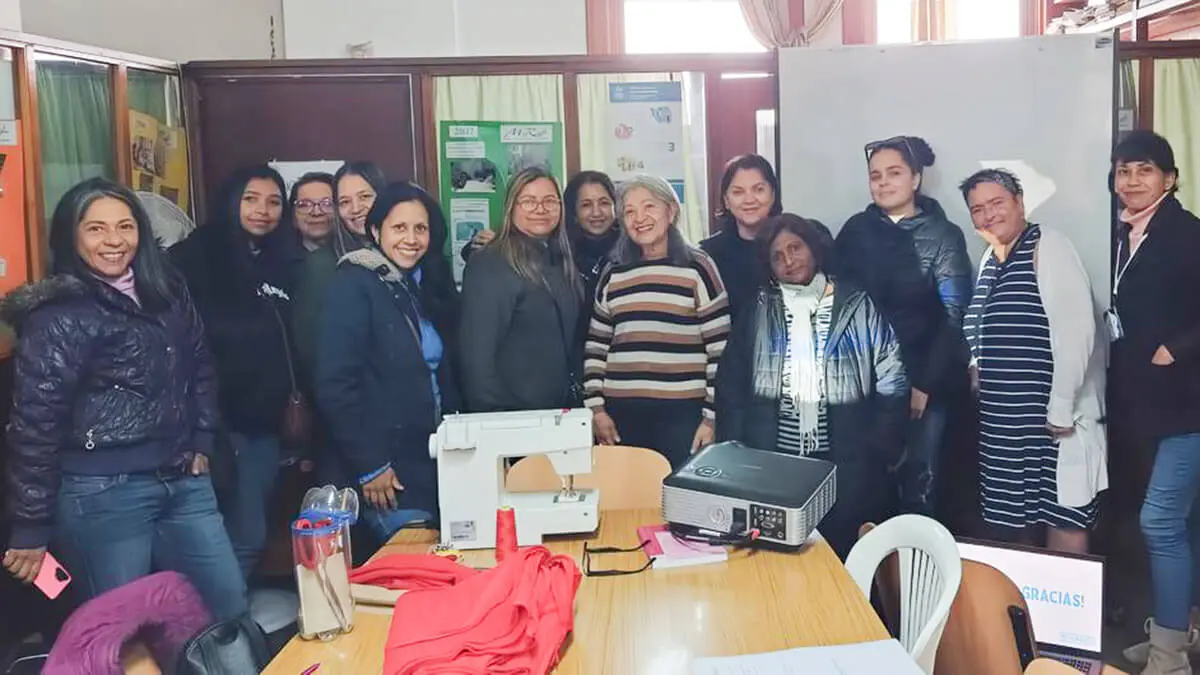
Gladis Coromoto Cahuao Rujano is from Venezuela, has five daughters and ten grandchildren, and suffers from rheumatoid arthritis. Until she arrived in Argentina in December 2022, she lived with one of her daughters and two of her granddaughters in Punto Fijo, Falcón State, located approximately 530 kilometres from Caracas by road.
Her other four daughters had settled in Buenos Aires well before, and when they saw that her mother was suffering from economic hardship and lack of access to energy and drinking water, they convinced her to move to the southernmost country on the continent, as thousands of Venezuelans did.
"At the age I am now, I never thought I could rebuild my life, do as many things as I have done since I arrived in this country. I have taken advantage of all the opportunities that different civil society organisations have given me; the work they do to collaborate is admirable. Since my arrival, I have felt that the Argentinean population has integrated me with great affection," Gladis enthusiastically assures UN News.
Among the organisations Gladis mentions are SJM (Servicio Jesuita a Migrantes) based in the Regina Martyrum Parish in the City of Buenos Aires, and the Fundación MIRARES (Migrantes, Refugiados y Argentinos Emprendedores Sociales), which works together with the United Nations High Commissioner for Refugees (UNHCR).
Magic clasp or Velcro
It was in that parish, at the suggestion of one of her granddaughters, that Gladis approached Gladis to take a sewing course, not knowing that this initiative would later become her source of work and her great satisfaction at the same time.
"I used to sew in my country, but only a few garments for the family, never more than that, and in Argentina I was able to improve my skills, I was interested in learning the names of the fabrics, which are different from those we use in Venezuela. For example, in my country we call the material in Argentina Velcro. So I signed up for different courses, but I didn't have a sewing machine. A neighbour lent me one, because I had to leave mine in Venezuela. Another alternative was when I went to the classes, I took advantage of the machines they gave us there.
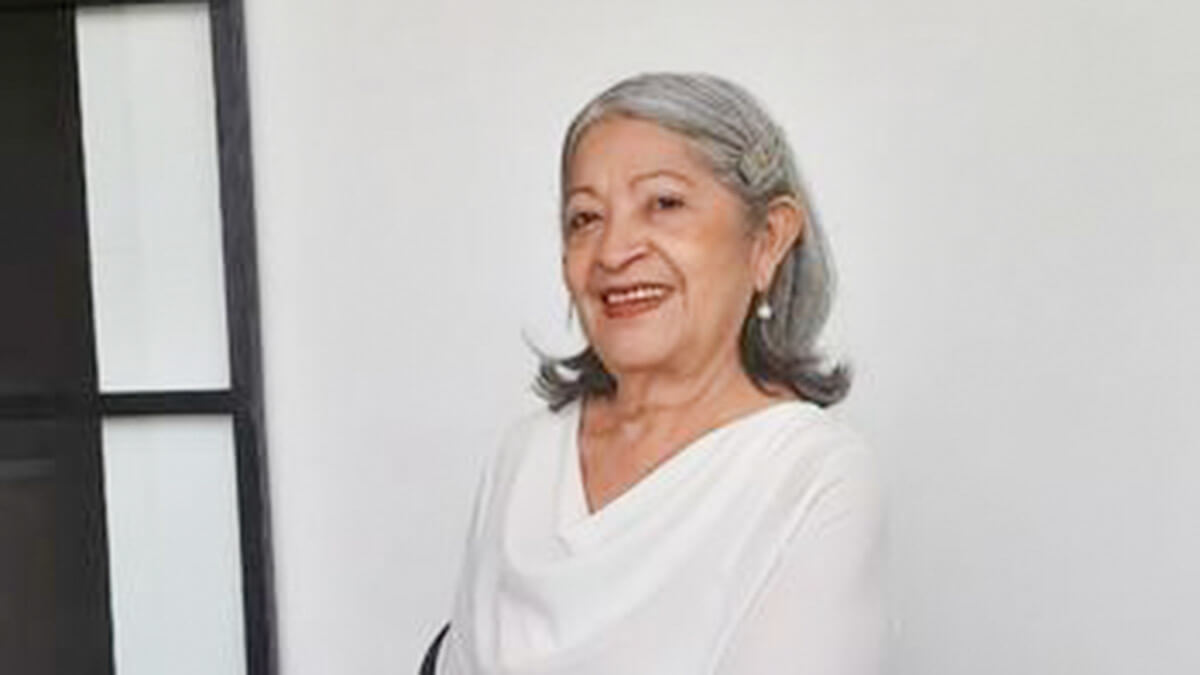
Help from the UN
Gladis' story changed completely when in July 2023 the MIRARES Foundation, with UNHCR funds, granted her seed capital with which she was able to buy her own sewing machine and thus start working, recommended by her own teachers, for several clients.
"I am so grateful, so happy because I really feel useful, I was not looking for work because my daughters did not want me to work due to my illness, but it is an activity that I can do, that I enjoy, I never imagined that they could help me to access my machine. Today I have a waiting list of orders, and I have even been invited to offer training to people who don't know how to sew, and that, in the future, learning to sew can also help them to get a job", she says.
Gladis said she works all day, including weekends, and her goal is to save money to launch her personal venture: she would like to make and sell work clothes for medical professionals and teachers.
It is worth noting that UNHCR also helped Gladis through a cash assistance programme, and she herself expressed her gratitude for having been supported in her time of dire need. Today, she proudly reports that she feels fulfilled by being able to stand on her own two feet.
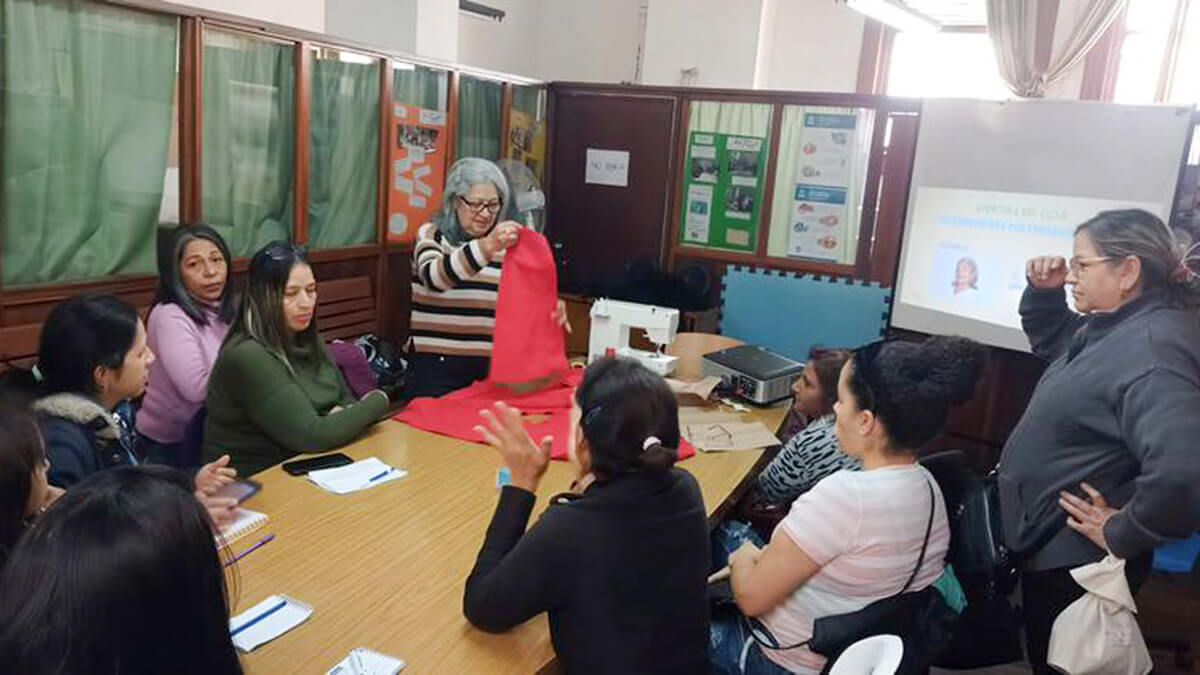
Friends, coffee and salsa
In less than two years since her arrival in Argentina, she has not only managed to get a job, she also has a group of Argentinean and Venezuelan friends who get together to have coffee or ice cream, go salsa dancing, and she even has space in her agenda for social work, an activity she already did in Venezuela and which she now carries out by sewing warm clothes on a voluntary basis for the needy people who come to the parish.
"Protecting and welcoming refugees is not enough. We must also offer them opportunities to thrive. Like all people, they need education, employment and a sense of belonging - to be part of it. Their host communities also need our support and resources. On 20 June on World Refugee Day, we reaffirm our commitment to solidarity and durable solutions for refugees," said Karmen Sakhr, UNHCR's Regional Representative for Southern Latin America.
"I have felt loved and welcomed in Argentina," says Gladys. "I feel the human warmth with which they treat me, and I am so grateful for that. It was very difficult for me to make the decision to leave my country, I didn't want to go, because I lived with my youngest granddaughters, who were 1 and 3 years old at the time. It was very difficult to separate from them," Gladis said with tears of nostalgia, and although she has very frequent contact through video calls directly with her granddaughter, who is now five years old, she is looking forward to being reunited with them in person and hopes that this desire can be realised this year. "My dream is that we can all be together again".
While waiting for the reunion, Gladis is living a life that was not in her plans, but which makes her happy, because she herself was finding her spaces, her places, her people, her home, far from home.
*According to the latest data from the Interagency Coordination Platform for Refugees and Migrants (R4V), as of May 2024, Argentina is a host country for approximately 164,000 Venezuelan people.
UNHCR and its partners support the socio-economic inclusion of refugees and other forcibly displaced persons through the provision of start-up capital, capacity building for the improvement of entrepreneurial initiatives and learning new skills and trades.
Fundación MIRARES (Migrantes, Refugiados y Argentinos Emprendedores Sociales) is a partner agency of UNHCR that implements projects aimed at providing counselling, socio-economic inclusion support and sustainable livelihoods to refugees, migrants and asylum seekers.
This story was produced by Natalia Montagna of the United Nations Information Centre in Buenos Aires for UN News.

